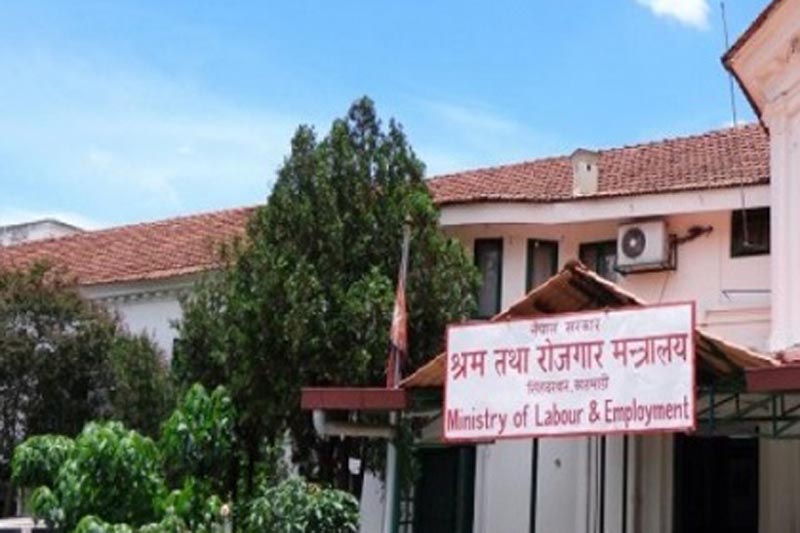Pvt sector seeks programmes that encourage skilled workers
Only 10 pc of the country’s 12 million workers are engaged in the formal sector
Kathmandu, May 25
With the aim of fulfilling the general requirements of workers in the domestic labour market, private sector players have urged the government to establish well-equipped national-level skill development training centres.
Due to dearth of skilled workers in the domestic market, private sector firms have been forced to bring in foreign workers to fill the void, they said.
“The government needs to focus on establishing vocational training institutes for youths across the country,” said Chandra Prasad Dhakal, vice-president of the Federation of Nepalese Chambers of Commerce and Industry.
Khila Nath Dahal, former president of Joint Trade Union Coordination Centre, said the government should also take into account informal sector workers.
Data show that out of 12 million workers across the country, only 10 per cent are engaged in the formal sector.
“So, the government should do something for the 90 per cent informal workers and ensure their inclusion in its Social Security Scheme.” He further suggested that the government focus on development of new entrepreneurs and give them a boost with various incentives so that they can expand their businesses in the long run.
Narayan Regmi, joint-secretary at the Ministry of Labour, Employment and Social Security, said the government plans to focus on national flagship programme — Prime Minister Employment Programme — to eliminate unemployment across the country.
“Since the Ministry of Finance has prioritised our ministry after the launch of PMEP and Social Security Scheme, we are hopeful that the finance ministry will heed our request and increase our budget to Rs 15 billion,” he said, adding that they have already suggested to the Ministry of Education, Science and Technology — the concerned ministry — to establish vocational training institutes to produce skilled human resources.
Meanwhile, seeking anonymity, one reputed industrialist said the government keeps changing its tune in the case of labourers.
“On the one hand, the government says it will promote domestic employment, but on the other, it has been doing nothing to discourage the increasing trend of Nepali job-seekers going abroad.”
According to Regmi, the government is mostly focused on generating jobs for youths within the country at present.
“But until and unless the local market is able to absorb over 500,000 youths that enter the job market every year, it is our duty to secure the rights of Nepali migrant workers.”
Rohan Gurung, president of Nepal Association of Foreign Employment Agencies, however, alleged that the government was only focused on supplying cheap labour and inking various bilateral agreements without cross-checking whether or not the signed agreements have been properly abided by.
He highlighted the need to establish a large internationally recognised technical training centre in every province for migrant aspirants. “Also, the government should ensure through the budget that Nepali embassies in destination countries are more active and responsible with regard to the issues of migrant workers.”






